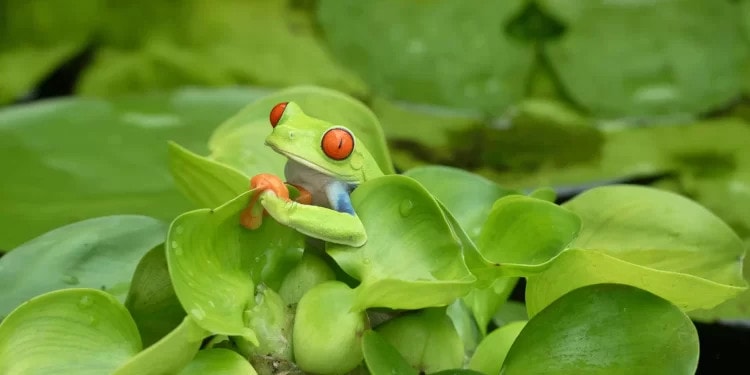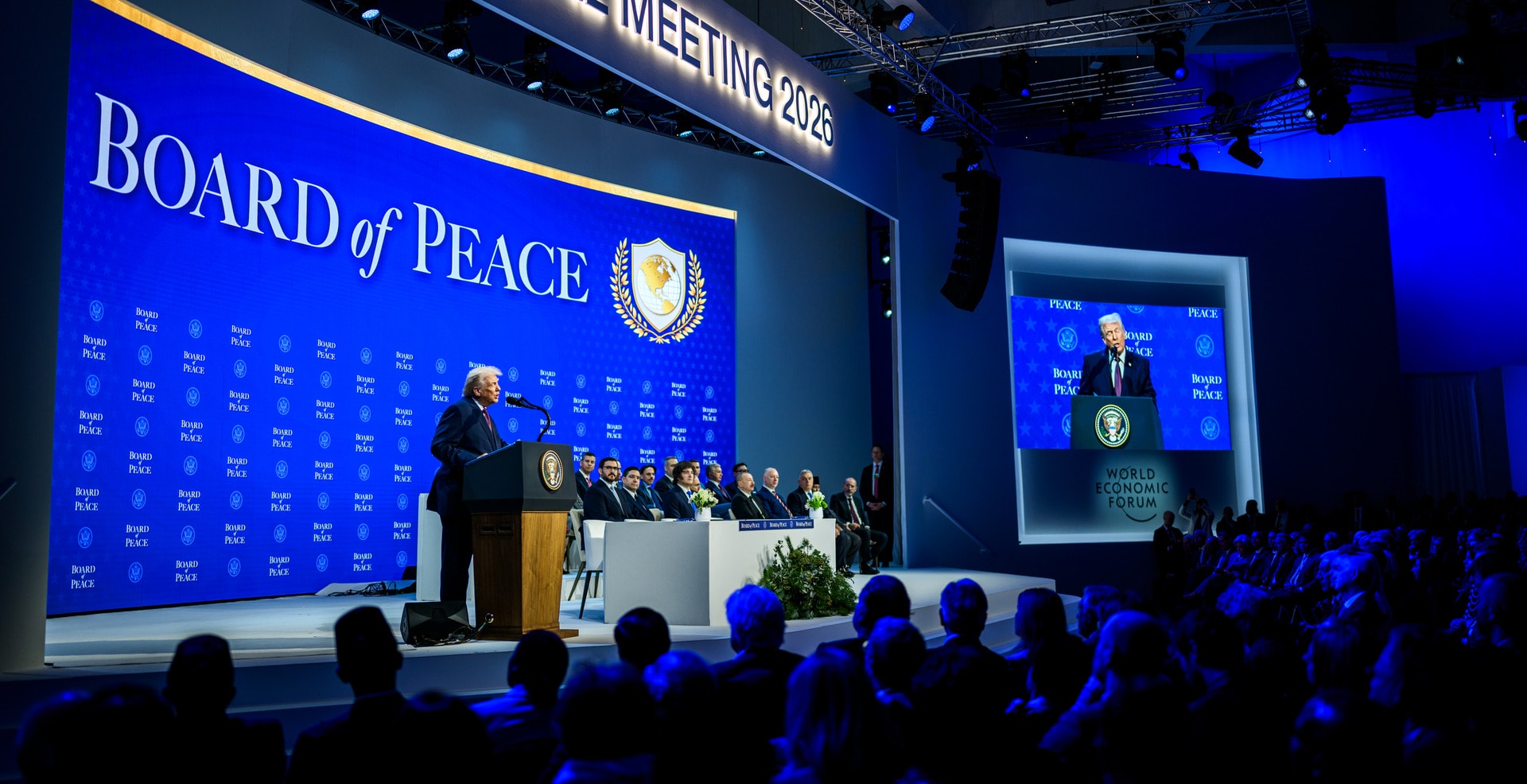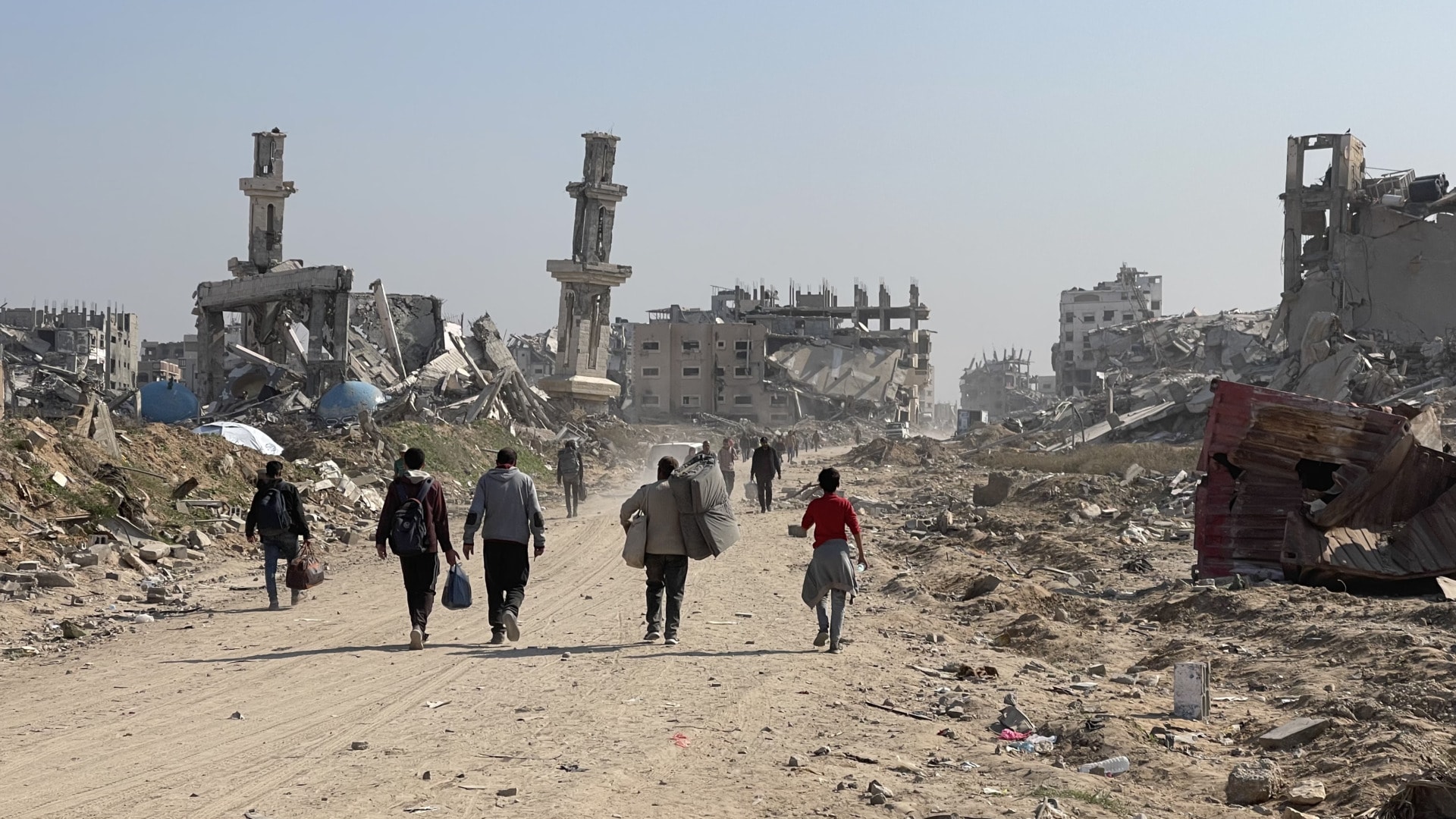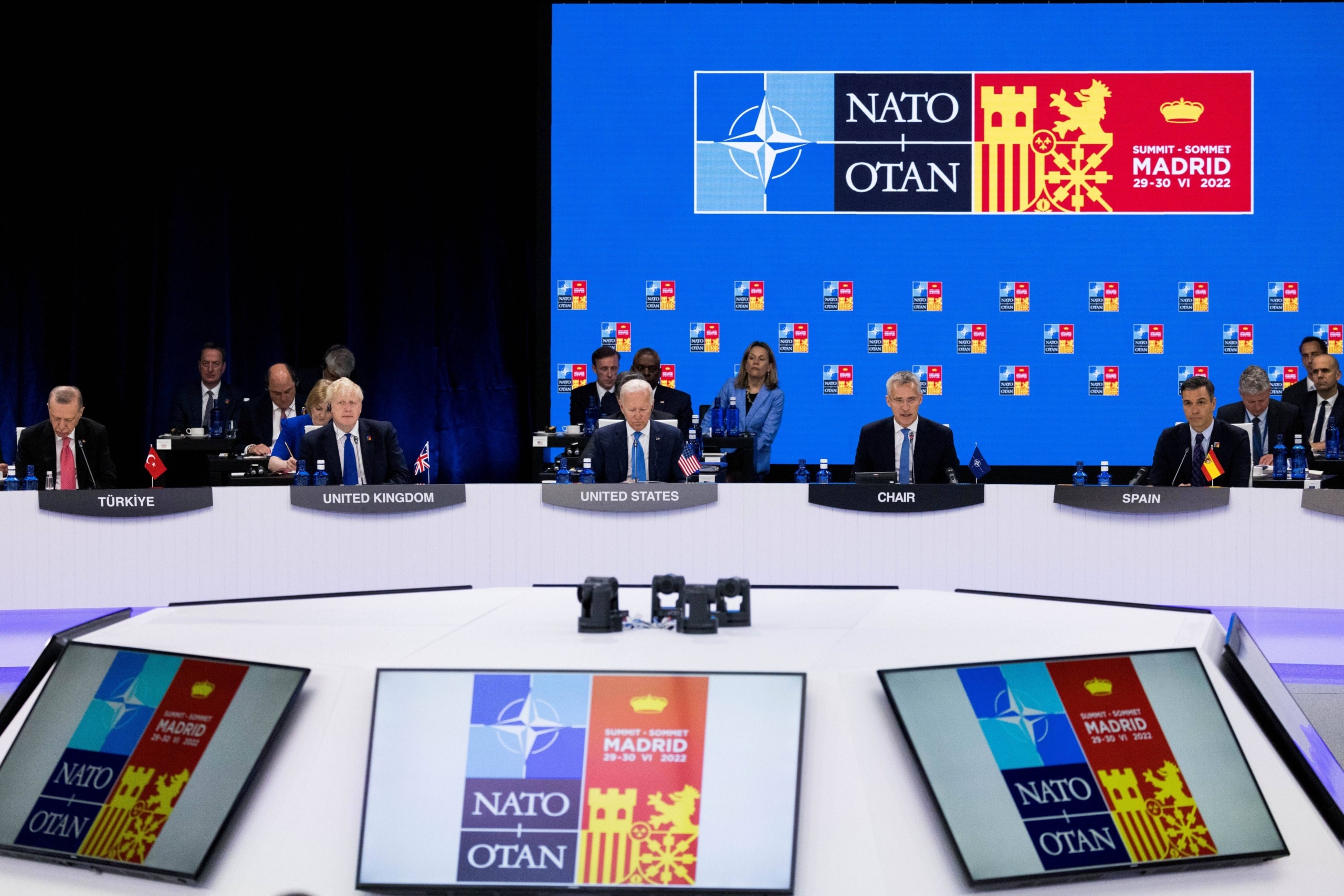Last week, around 1,000 negotiators from 150 countries met in Nairobi, Kenya as part of the UN Convention on Biological Diversity with the primary goal of drafting a global agreement to halt the human-driven destruction of the natural world, which would then be considered for adoption at the COP15 in Montreal in December (the next UN Biodiversity Summit).
So far, governments have not met a single target they set for themselves on halting the destruction of nature, despite scientists warning in 2019 that one million species face extinction, with nature declining at rates unprecedented in human history. None of the 20 goals that governments set in 2010 for 2020, including halving the rate at which natural habitats are being lost, were fully met.
“A successful outcome at COP15 will require political leadership, real ambition, a timeline for implementation and a commitment to resources and finance, not just declarations and pledges,” said Greenpeace International senior biodiversity campaign strategist An Lambrechts.
Unresolved policy issues include recognition of the rights and roles of Indigenous Peoples and local communities (IPLCS) in the Global Biodiversity Framework (GBF), key targets to increase protection and restoration of ecosystems, and fundamental implementation issues, such as how sufficient resources will be mobilized to achieve targets.
In an open letter published on Monday, June 27, environmental groups including Greenpeace, Avaaz, the Campaign for Nature and the International Indigenous Forum on Biodiversity said progress on the final deal was not being made, and the talks lacked high-level political engagement.
“Countries had once pointed to COP15 as an opportunity to deliver a global deal for nature and people similar in significance to the Paris Climate Agreement, but there is a notable absence of the high level political engagement, will, and leadership to drive through compromise and to guide and inspire the commitments that are required,” said by environmental groups in their open letter.
The letter calls on the UN secretary general António Guterres and government ministers to apply political leadership into the process and avoid disaster at COP15 in Montreal in December.
According to the environmental groups, adequately funding and implementing UN negotiations would help drive major changes to global agricultural practices and extractive industries, both major drivers of the destruction of wildlife and natural ecosystems.
Elizabeth Maruma Mrema, the UN’s biodiversity head, urged governments to work together on the agreement ahead of COP15 to help reach consensus.
“I call upon the parties, in the next months, to vigorously engage with the text, to listen to each other and seek consensus,” she said.
An additional meeting has been proposed before the COP15 in Montreal to provide another opportunity for the negotiators to sort it out. However, this is subject to the availability of funds.
The COP15 was originally scheduled to be held in Kunming in China in 2020, but has been delayed by two years due to the Covid-19 pandemic.
Overall, the prevailing global biodiversity crisis needs urgent action from all sectors. “Today we all have a choice – let this process run its course and endorse business as usual – which will take our planet to the brink – or provide the leadership that the moment requires,” the environmental groups conclude in their letter.
Editor’s Note: The opinions expressed here by Impakter.com columnists are their own, not those of Impakter.com — In the Featured Photo: In most terrestrial habitats, native species have greatly diminished in the last century, and up to one billion species are now at risk of extinction. Featured Photo Credit: United Nations Convention to Combat Desertification.














